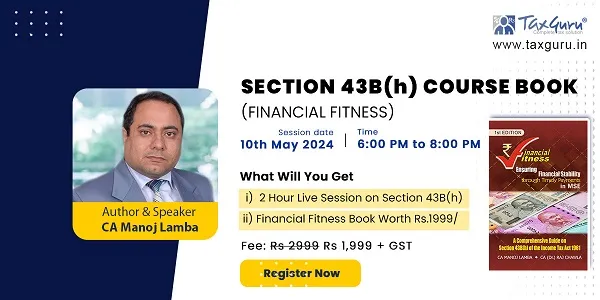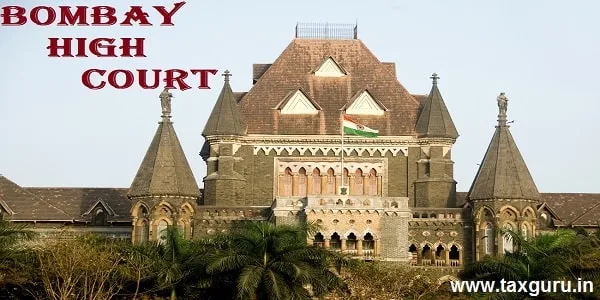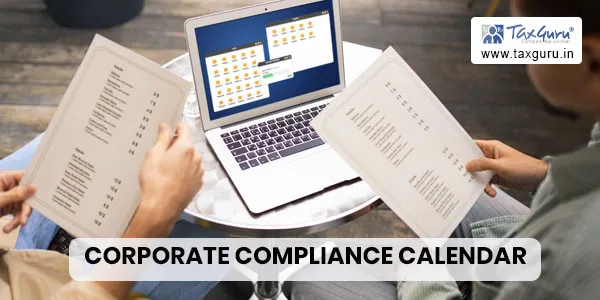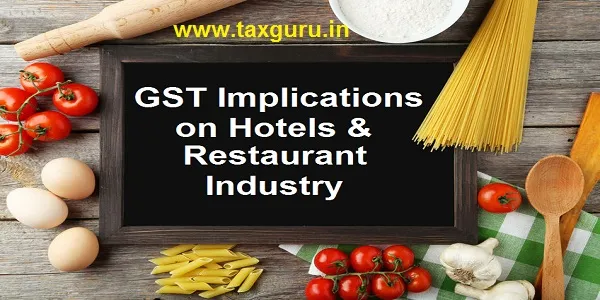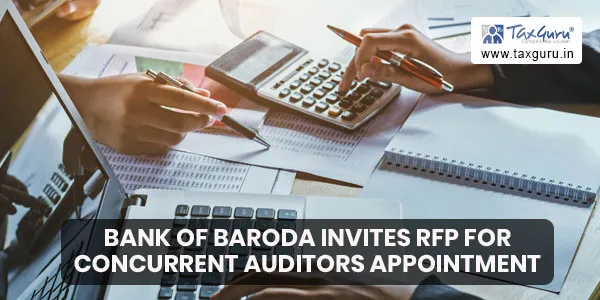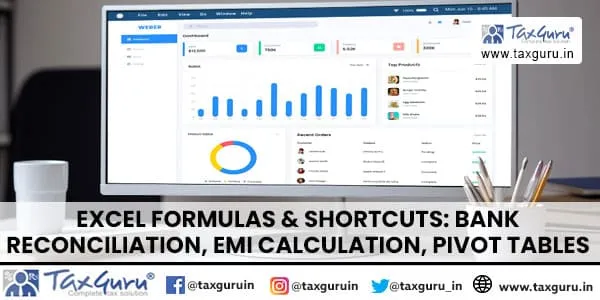Case Law Details
COMPETITION APPELLATE TRIBUNAL, NEW DELHI
Time Magnetic (India) Ltd.
Versus
Film Makers Combine
RTPE NO. 262 of 1995
FEBRUARY 4, 2013
ORDER
1. This matter is a classic example of “much ado about nothing”. A complaint was received on behalf of one Time Magnetic (India) Limited, a company registered under the Companies Act, 1956 and one Dhirajlal N. Shah, a citizen of Mumbai. Originally, the complaint was against the Film Makers Combine (FMC for short), Indian Motion Picture Producers Association (IMPPA for short) and Film Distributors Council (FDC for short) which are the bodies incorporated under the provisions of the Companies Act.
2. In this complaint it was, inter alia, stated that the respondents were engaging themselves into restrictive trade practices by their various activities. The said activities were described in Para 2 of the complaint which are as under :
“2. The nature and substance of the restrictive trade practices complained of herein by the Complainants are as under :
(i) (a) The illegal and arbitrary action of Respondent No. 1 insisting that all its members and members of its associates/affiliates take “permission” of Respondent No. 1 before commencing production of any film.
(ii) The illegal and arbitrary action of Respondent No. 1 in coercing all its members and members of its associates/affiliates not to co-operate with the Complainants in the shooting of the Complainants films by issuing circulars and/or directives to them thereby effectively debarring the Complainants from doing any business whatsoever and which in fact has the effect of preventing any shooting of the Complainants’ Film “Gambler” and other films of the Complainants.
(iii) The illegal and arbitrary action on the part of Respondent Nos. 1 and 2 in expelling the Complainant after the Complainant had already resigned from the membership of the 2nd Respondent; and
(iv) The issuance of circulars by Respondent Nos. 1 and 2 by virtue of which and its calling upon its members/ members of its associates/affiliates not to co-operate with the Complainants in the shooting of the Complainants’ films on the purported ground that the Complainant No. 1 has been expelled by Respondent Nos. 1 and 2, thereby infringing and/or interfering with the Complainants’ right to carry on its business and which certainly constitutes a Restrictive Trade practice. Hereto annexed and marked as Exhibit “A” is a copy of the said purported joint agreement entered into between the Respondent No. 1 with the Federation of Film Distributors Council, Federation Western India Cine Employees Association above referred to;
(v) The unilateral decision taken by the Respondent No. 1 and its Associates/affiliates on 30.06.1995 not to register films not cleared by the Respondent No. 1 for distribution/exhibition and to push for non-cooperation with audio and video companies in which any person who has been penalised as a producer by the Respondent No. 1 is directly or indirectly involved.”
Along with the complaint, the agreement dated 10.06.1994 entered into between respondent No. 1, FMC, and respondent No. 3, FDC, was also filed. This agreement seems to be the ‘bone of contention’. In the complaint, it was, inter-alia, stated that the first respondent i.e. FMC, had arrogated its right to declare and stipulate that no producer can start a film without its sanction and permission and that a producer had to apply for permission to the FMC for the purpose of starting shooting. It was urged that no producer could avoid applying for such permission and such producer had to give an undertaking which, in turn, suggests that the producer was not free to act as per his own convenience at least in the matter of the distribution of video cassettes or, as the case may be, the cable TV rights. The undertaking which, according to the complainants, was essential for starting the shooting and completing the film, appears, on the face of it, to be a restrictive trade practice. However, the matter does not stop here. In the complaint, some other examples were also given as to how the injustice was perpetrated against them. There is a clear reference in the complaint to the agreement dated 10.06.1994.
3. Initially, notices were issued to all the respondents and they also came out with their respective replies denying the allegations made in the complaint. It is reported that, at one point of time, the complaint was also amended. This complaint was filed initially in the year 1995 and it continued to drag on for years. In fact, the amended complaint itself was filed in the year 2003 i.e. after about 8 years of its registration before the erstwhile Monopolies and Restrictive Trade Practices Commission (‘the Commission’ in brief). Be that as it may, during the pendency of the matter, however, it seems that on 16.03.2007, the counsel for the complainants made a statement that he did not want to pursue the complaint and that he would be filing a suitable application within two weeks. The order dated 16.03.2007 further goes on to state that since the matter was dealing with the restrictive trade practices involving public interest also, the Commission would like to have the views of the Director General (Investigation and Registration) [the DG] in this regard. Accordingly, in the same order, the copy of the application was directed to be served on the DG who was directed to make appropriate submissions on the next date of listing in order to enable the Commission to take a view in the matter. The DG came out with an application stating that the public interest was involved in the matter and thus he would like to pursue the restrictive trade practice enquiry. Though the learned counsel for the complainants had stated that he would be making appropriate application for withdrawal of the complaint but that application was, however, not filed. Perhaps, therefore, the DG took the stand, that he did, of continuing with the enquiry in the matter. The enquiry then stood modified by the order dated 03.10.2007 and now it was to be under Section 10(a)(i) of the Monopolies and Restrictive Trade Practices Act, 1969 (hereinafter referred to as “the Act”). Thereafter, the matter dragged on further.
4. The DG then filed his response to the intention of the informant not to pursue the information provided by him. Again the DG, in his application, took the stand that public interest was involved. We have gone through that letter. We, however, fail to understand as to what kind of public interest was involved which was felt necessary to continue the proceedings. The DG’s letter is silent on this issue. It was also found out that the learned counsel for the complainant/informant received a letter from his client, the original complainant, informing that the complainant was not interested in pursuing the matter and requesting for withdrawal of the complaint. Be that as it may, thereafter, a fresh notice seems to have been issued to the parties and the parties filed their respective replies thereto. We must, at this stage, clarify that we have not seen, at any stage, the learned counsel or any representative on behalf of the second respondent i.e. IMPPA. However, we do find that, at one point of time, Ms. Renu Narula who was proxy counsel for Ms. Mala Goel, had represented herself as advocate for respondent No. 2. The learned counsel, Ms. Goel, however, says that it was an error and, in fact, she did not hold any Vakalatnama on behalf of respondent No. 2. Barring this, we do not find anywhere even the mention of respondent No. 2 except in the complaint.
5. Be that as it may, therefore, one thing was certain that respondent No. 1 and respondent No. 3, FMC and FDC respectively, took active part in the enquiry. It seems that though both were being represented by the same counsel, the response filed by the first respondent, FMC, however, suggests that they were not responsible and that the whole responsibility was laid only on the shoulders of FDC which was all in all according to the agreement dated 10.06.1994. Thereafter, at one point of time, after submitting its reply, FMC also lost interest in the matter and stopped appearing altogether. When the matter dragged on further, the only party i.e. respondent No. 3, FDC, took the active part in the proceedings through its counsel, Ms. Mala Goel. We find that, at one point of time, respondent No. 1 had filed an application for discharge of the Notice of Enquiry (NOE). In this application, there is a clear-cut averment that the original complainant i.e. Time Magnetic (India) Limited, has withdrawn the case or has not pursued the case which was simultaneously instituted vide RTP No. 264 of 1995. It is informed to us, at the bar, by Shri Makheeja, learned counsel for the DG, that RTPE 264/1995 which was filed along with the original complaint, has also been closed by the earlier orders. In its application for discharge of NOE, respondent No. 1 maintains that the respondents were neither hampering the competition, in any way, nor were putting any unjustified cost on the consumers. It was further stated therein that, even otherwise, the complaint was motivated one and had outlived any purpose. It is also pointed out that the original complainant i.e. Time Magnetics (India) Limited, had withdrawn the case or had not pursued the case which simultaneously instituted as RTPE 264 of 1995. There were other contentions made and it is suggested that respondent No. 1 was liable to be discharged in the matter. This application was filed on 16.07.2009. We, however, do not see any specific order having been passed on this application.
6. After the matter came up before this Tribunal also, not even on a single date, is there any appearance on behalf of respondent No. 1, FMC, or respondent No. 2, IMPPA. It seems, however, that, on 26.11.2009, one Shri C.M. Sharma, advocate, appeared on behalf of respondent Nos. 1 and 2. The order dated 26.11.2009 reads as under :
“Counsel for the respondents state that they shall obtain instructions as to whether the agreement is being acted upon or not. Let it be done within four weeks.”
Thereafter nothing seems to have happened excepting that on 13.09.2009, Shri C.M. Sharma, who has been making appearance on behalf of respondents Nos. 1and 2 stated that he was not getting any cooperation from his clients and, therefore, prayed that he wanted to withdraw from the case. The matter did not stop here and Shri C.M. Sharma seems to have appeared on 25.02.2011 also before this Tribunal. Thereafter, at no point of time, did Shri Sharma appear on behalf of respondents Nos. 1 and 2 and there does not seem to be any appearance of any representative of respondents Nos. 1 and 2.
7. Ultimately, it seems that the respondents, who were directed, vide order dated 26.11.2009, to obtain the instructions as to whether the agreement dated 10.06.1994 was being acted upon or not, have not filed any affidavit to that effect. It is, at this stage, that Ms. Mala Goel, learned counsel for respondent No. 3, FDC, implores that it will be futile to continue with this complaint for the reason that the complaint has been pending for 18 long years and nobody seems to be interested in pursuing with it including the original complainant whose cause is being taken care of by the DG.
8. Learned counsel for the DG, Shri R.D. Makheeja, however, says that the original agreement itself is the ‘bone of contention’ which provides for the power of boycotts being effected by respondent No. 1 as well as respondent No. 3. There is nothing against respondent No. 2. Learned counsel for respondent No. 3, Ms. Goel, also does not make any grudge against respondent No. 2.
9. In sofar as the specific instances of the abuse of agreement in question are concerned, it is obvious that there has been a settlement between the original complainant and the respondents. Because the complainant does not have any more complaint/grievance of any boycott or the compulsory undertakings which he is to give under the authority of either FMC or FDC so that question will clearly be foreign to the present enquiry.
10. Now, the only question which will be required to be gone into would be as to whether the agreement dated 10.06.1994 itself spells out any powers of boycott or it is so one-sided so as to restrict the competition in terms of Section 10(a)(i) of the Act. There is no question of any restrictions. Shri Makheeja is unable to show anything to that effect. The original complainant has also been reluctant to come before us with complaints.
11. Learned counsel for the DG, however, says that if the agreement can be covered under the provisions of Section 33 of the Act, then the enquiry could still be a relevant enquiry into the behaviour of the respondents Nos. 1 and 3, FMC and FDC respectively. When we asked learned counsel for respondent No. 3, FDC, Ms. Goel, to make specific statement as to whether the agreement was still in operation or not, she was unable to make any such statement. However, no such instance has been brought to our notice either by the DG or by the complainant that the FDC or FMC, as the case may be, have been acting in terms of the aforementioned agreement dated 10.06.1994. On the other hand, in one of the affidavits, FMC has taken a stand that they were making sincere efforts to remove the grouse of film distributors as well as the producers so that the agreement in question is not abused in any manner. Ms. Goel also relies on the affidavit filed on behalf of the FMC in reply to the amended NOE and says that there are no instance of any abuse having been committed at least in so far as the agreement in question is concerned. Here, we are not considering the instances of specific abuse, but the interpretation of the agreement. We have gone through the agreement very carefully but we do not find that there is any scope for any abuse in that agreement. Nothing has been shown in the agreement which would empower the FDC to order the boycott or to make a producer or distributor to sign an undertaking which would be restrictive to any competition.
12. In view of the above and in view of the fact that the parties have lost interest in the matter, we do not think it proper to continue with this enquiry. Learned counsel for respondent No. 3, Ms. Goel, however assured us that there shall be no abuse of the powers of FDC and, in fact, according to Ms. Goel, the amended complaint has got nothing to do with the FDC at all. She appears to be right. Excepting in the 5th Clause of the amended NOE, we do not find even the mention of the FDC. Now it is clear from the record that the complainant has not complained against the FMC and the amended NOE refers to FDC only as the associate/affiliate of FMC. Ms. Goel very specifically denies that FDC is an associate/affiliate of FMC, respondent No. 1. There is nothing on record, at least, to suggest that FDC is actually an associate or affiliate of FMC. In that manner also, we will have to face the dead wall in the matter of proceeding with the enquiry. In that view of the matter, we close the present enquiry and, accordingly, NOE stands discharged against all the respondents.




